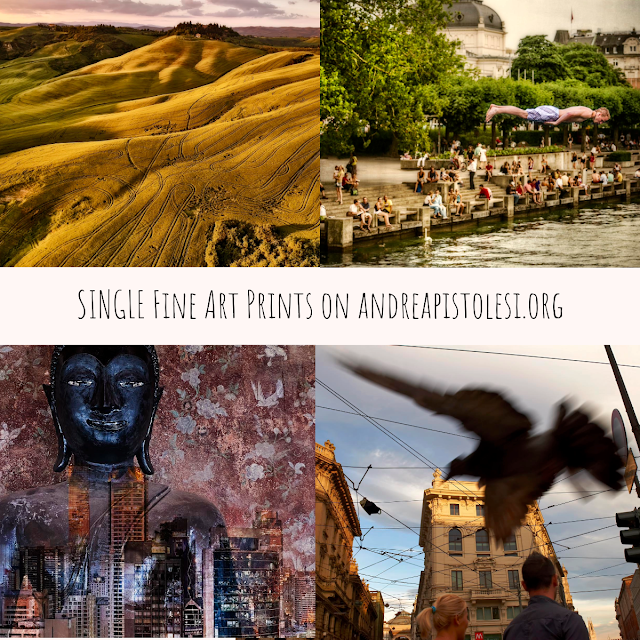The final selection of fine art prints is now live on andreapistolesi.org 
A collection dedicated to single images — each one telling its own story, each one carrying the unique flavor of a place, a moment, an atmosphere.
Different styles, different journeys, one shared soul.










